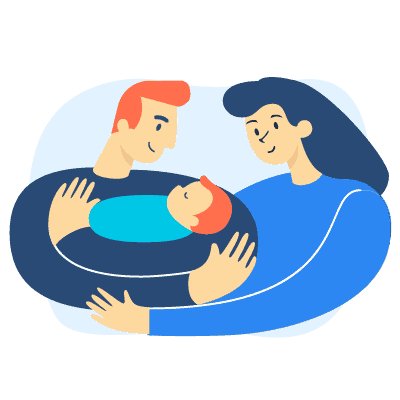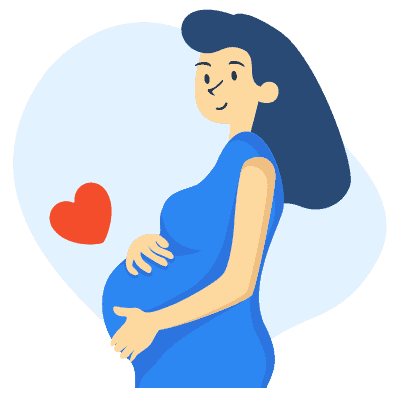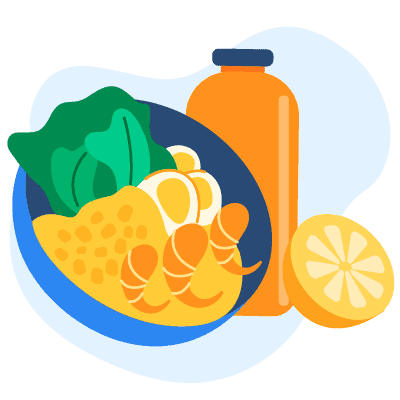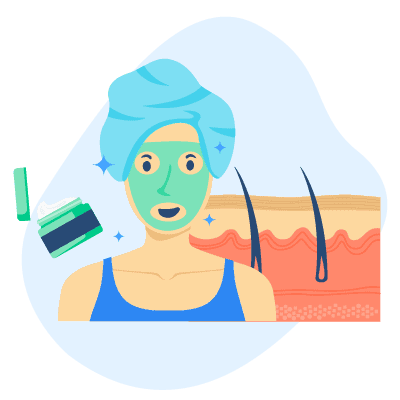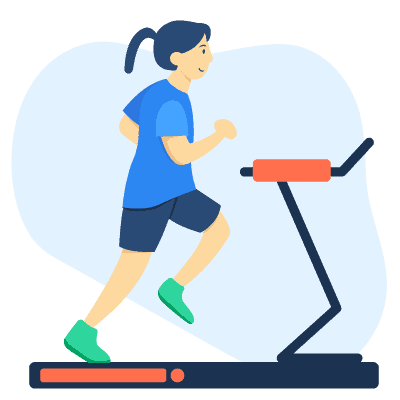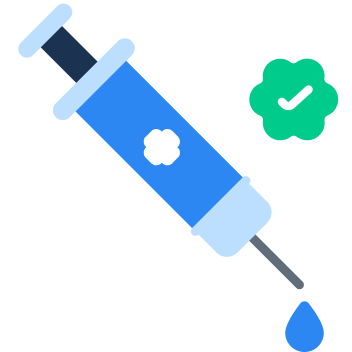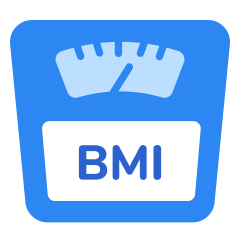Siri PW, Krauss RM. Influence of dietary carbohydrate and fat on LDL and HDL particle distributions. Curr Atheroscler Rep. 2005 Nov;7(6):455-9. PMID: 16256003. https://doi.org/10.1007/s11883-005-0062-9
Rippe, J. M., & Angelopoulos, T. J. (2013). Sucrose, High-Fructose Corn Syrup, and Fructose, Their Metabolism and Potential Health Effects: What Do We Really Know? Advances in Nutrition, 4(2), 236-245. https://doi.org/10.3945/an.112.002824
Figuring Out Fat and Calories (for Teens) – Nemours KidsHealth. (2022). Retrieved 16 November 2022, from https://kidshealth.org/en/teens/fat-calories.html
Fat and Calories: The Difference & Recommended Intake. (2022). Retrieved 16 November 2022, from https://my.clevelandclinic.org/health/articles/4182-fat-and-calories
Fiber. (2012). Retrieved 21 November 2022, from https://www.hsph.harvard.edu/nutritionsource/carbohydrates/fiber/
High Blood Sugar and Hunger. (2022). Retrieved 21 November 2022, from https://www.diabetesfoodhub.org/articles/high-blood-sugar-and-hunger.html
Lowette, K., Roosen, L., Tack, J., & Berghe, P. V. (2015). Effects of High-Fructose Diets on Central Appetite Signaling and Cognitive Function. Frontiers in Nutrition, 2. https://doi.org/10.3389/fnut.2015.00005
Centers for Disease Control and Prevention. (2021, August 10). Insulin resistance and diabetes. Retrieved November 21, 2022, from https://www.cdc.gov/diabetes/basics/insulin-resistance.html
Carbohydrates and Blood Sugar. (2013). Retrieved 21 November 2022, from https://www.hsph.harvard.edu/nutritionsource/carbohydrates/carbohydrates-and-blood-sugar/
Dwivedi, Y. (2009). Brain-derived neurotrophic factor: role in depression and suicide. Neuropsychiatric Disease and Treatment, 5, 433-449. https://doi.org/10.2147/ndt.s5700
Knüppel, A., Shipley, M. J., Llewellyn, C. H., & Brunner, E. J. (2017). Sugar intake from sweet food and beverages, common mental disorder and depression: prospective findings from the Whitehall II study. Scientific Reports, 7. https://doi.org/10.1038/s41598-017-05649-7
Tryon, M. S., Stanhope, K. L., Epel, E. S., Mason, A. E., Brown, R., Medici, V., Havel, P. J., & Laugero, K. D. (2015). Excessive Sugar Consumption May Be a Difficult Habit to Break: A View From the Brain and Body. The Journal of Clinical Endocrinology and Metabolism, 100(6), 2239-2247. https://doi.org/10.1210/jc.2014-4353
Dental Plaque: What Is It, Causes, How to Remove, Prevent & Treat. (2022). Retrieved 21 November 2022, from https://my.clevelandclinic.org/health/diseases/10953-plaque
Can the right diet get rid of acne?. (2022). Retrieved 21 November 2022, from https://www.aad.org/public/diseases/acne/causes/diet
Lennerz, B., & Lennerz, J. K. (2018). Food Addiction, High Glycemic Index Carbohydrates and Obesity. Clinical chemistry, 64(1), 64. https://doi.org/10.1373/clinchem.2017.273532
Lennerz, B. S., Alsop, D. C., Holsen, L. M., Stern, E., Rojas, R., Ebbeling, C. B., Goldstein, J. M., & Ludwig, D. S. (2013). Effects of dietary glycemic index on brain regions related to reward and craving in men. The American Journal of Clinical Nutrition, 98(3), 641-647. https://doi.org/10.3945/ajcn.113.064113
Hawkins MAW, Keirns NG, Helms Z. Carbohydrates and cognitive function. Curr Opin Clin Nutr Metab Care. 2018 Jul;21(4):302-307. https://doi.org/10.1097/mco.0000000000000471. PMID: 29851417.
Foods Likely to Cause Gas – IFFGD. (2022). Retrieved 21 November 2022, from https://iffgd.org/gi-disorders/symptoms-causes/intestinal-gas/foods-that-may-cause-gas/




